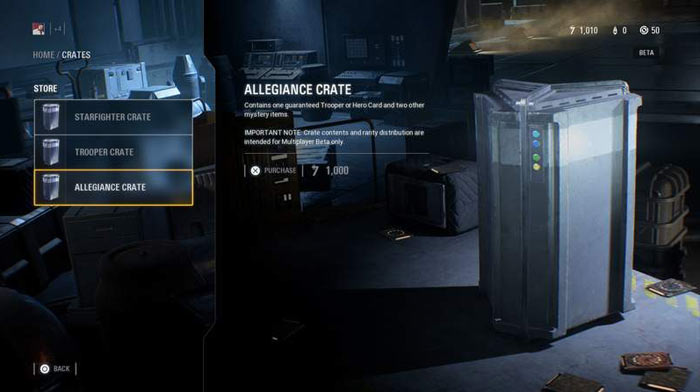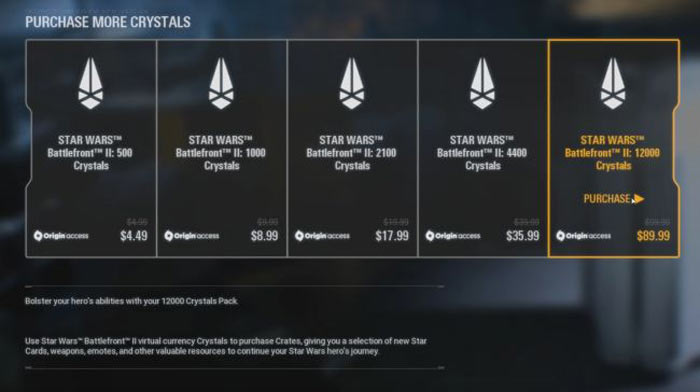Opinions about in-game microtransactions are starting to get political. In the last few hours we have seen developments on both sides of the pond, with governmental organisations seeking to protect citizens from the dangers of gambling in computer gaming. In Europe the Belgium Gaming Commission are looking for a continent-wide ban on loot boxes, which it insists are a form of gambling. In the US, Hawaiian House of Representative Democrat Chris Lee has spoken of his intent to protect gamers from the "predatory practices" of gaming companies.
A video published by Rep. Chris Lee of Hawaii is embedded directly above. In the video you will hear the politician call for "future protections for kids, youth, and everyone when it comes to the spread of predatory practices in online gaming". There may have been 'loot boxes' in gaming before Star Wars Battlefront II but EA's game helped push the issues of gambling in gaming to the top of the news pile and then off the cliff edge.

Lee talks in his video about the new Star Wars game being "a trap". Furthermore, he describes the game as "a Star Wars-themed online casino designed to lure kids into spending money". Gambling is prohibited to those under 21 years of age, explains Lee, thus the loot box problem needs to be addressed to protect gamers, especially kids, who didn't buy this type of game for gambling thrills. Lee followed up in a Reddit post to say that "These exploitive mechanisms and the deceptive marketing promoting them have no place in games being marketed to minors, and perhaps no place in games at all."

Now it looks like both the US and Europe will be looking into legislation to prohibit access or even completely prohibit the sales of games which include gambling elements. Hopefully this kind of legislation, and customers voting with their £$s, will put a stop to an exploitative gaming industry trend.













